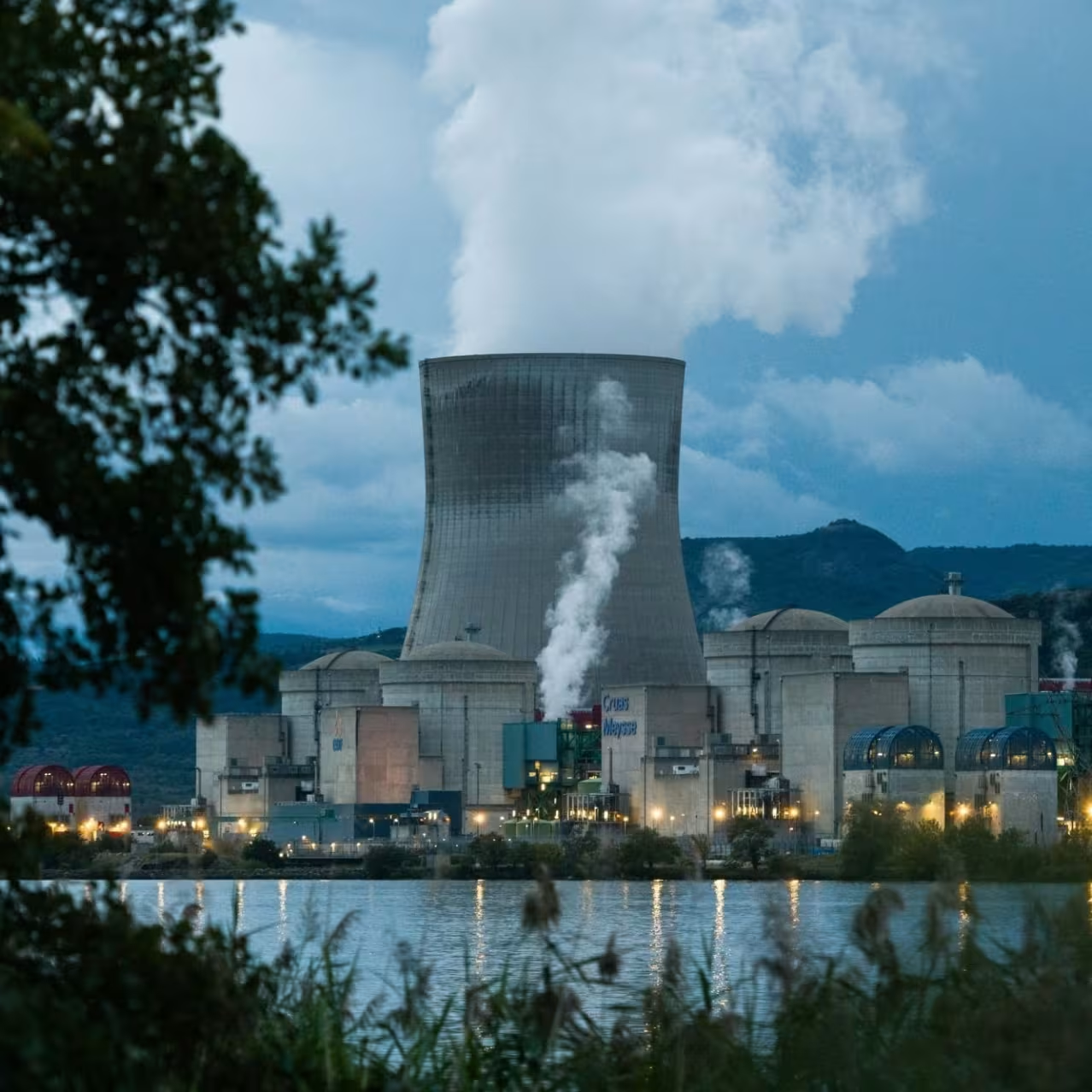France, long a global leader in nuclear energy, is facing significant challenges in its ambitious plan to construct six new nuclear reactors. According to a report by the French Audit Court, the country is not adequately prepared to execute this large-scale project, which is central to its strategy for achieving carbon neutrality and energy independence.
Critical Shortcomings Identified
The Audit Court highlighted several pressing issues that could derail the construction of the reactors, officially known as European Pressurized Reactors (EPRs). Among the key concerns are France’s aging nuclear expertise, supply chain vulnerabilities, and insufficient financial planning.
- Human Capital Crisis:
- The French nuclear industry faces a significant workforce shortage. Over the decades, a decline in investment in training and recruitment has resulted in a skills gap among engineers, technicians, and other specialists. Without a robust workforce, executing a project of this magnitude becomes a daunting challenge.
- Supply Chain Weaknesses:
- The report underscores that France’s nuclear supply chain is fragile and underprepared for the demands of the new reactors. Many subcontractors that once specialized in nuclear components have pivoted to other industries due to reduced activity in the sector.
- Cost and Budgetary Concerns:
- Initial cost estimates for the six reactors range between €50 billion and €60 billion. However, the Audit Court expressed skepticism about whether these figures are realistic, pointing to previous EPR projects that experienced significant cost overruns and delays, including those at Flamanville in France and Hinkley Point in the UK.
Government Commitments vs. Practical Reality
President Emmanuel Macron’s administration has made nuclear power a cornerstone of France’s energy policy, with plans to reduce reliance on fossil fuels and meet growing electricity demands. However, the Audit Court’s findings suggest a stark gap between political ambitions and operational readiness.
The government has yet to outline a comprehensive financial strategy to support the project. Additionally, ensuring public and environmental safety—key priorities in nuclear energy—requires rigorous planning and oversight, areas that the report deems insufficiently addressed.
Lessons from Past Failures
France’s previous experience with EPR construction offers sobering lessons. The Flamanville EPR project, originally slated to cost €3.3 billion and be completed by 2012, has ballooned to €19 billion with an expected completion date in 2024. Such delays and cost overruns have eroded public confidence and highlight the complexity of modern nuclear projects.
Recommendations for the Path Ahead
The Audit Court has called for immediate action to address these challenges. Key recommendations include:
- Workforce Development: Accelerating training programs and recruitment to build a skilled labor pool.
- Strengthening Supply Chains: Revitalizing partnerships with industrial suppliers and ensuring consistent quality standards.
- Transparent Financial Planning: Establishing a detailed budget with contingency measures to account for unforeseen expenses.
Conclusion
France’s plan to construct six new nuclear reactors is a bold step toward securing its energy future and combating climate change. However, the Audit Court’s report serves as a stark reminder of the hurdles ahead. Addressing these issues promptly and effectively will determine whether France can maintain its leadership in nuclear energy or face setbacks that undermine its goals.
For more information, visit French Audit Court.





